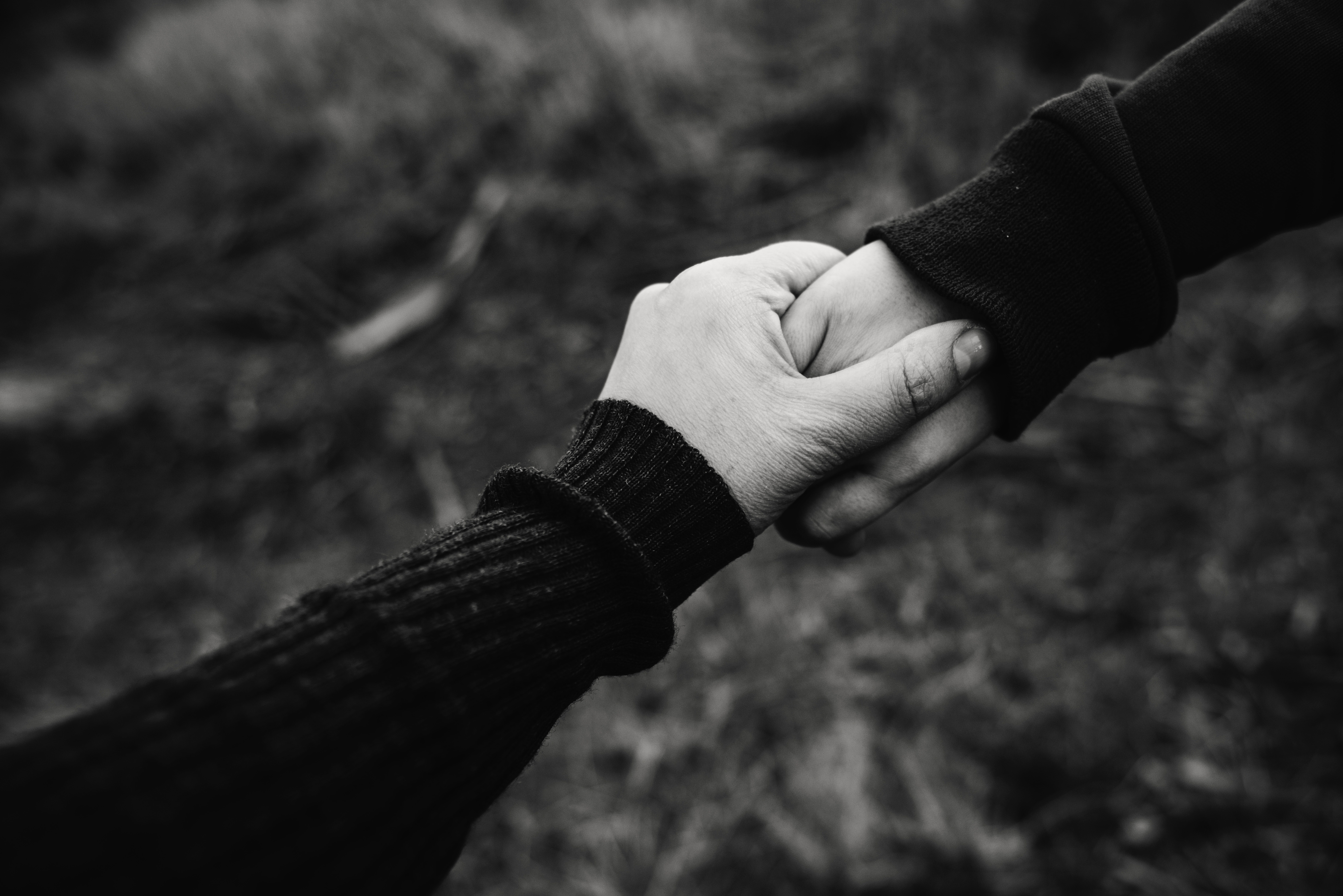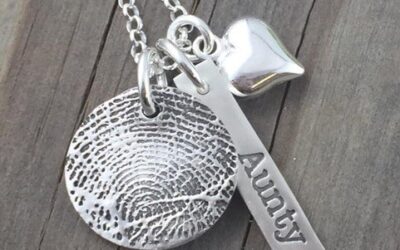Covid has changed everything except our human needs when it comes to death, dying, and grief. Covid 19 has brought upon many new provincially governed guidelines and a new societal approach to how we can or should gather to celebrate the life and mourn the loss of our loved ones. Our human relationship in regards to end of life care has evolved over the century. Death has gone from being a community observance event to being a personal or smaller community event. When our grandparents were children, death was considered a very natural part of life. Wakes and services were usually held at home, with a graveside service and another opportunity to gather again afterward back at the deceased’s family home. In the later part of the century, services were held in a funeral home, community hall, or church. It is also customary to have fellowship with food and or refreshments afterward at a community/ church lunch hall, restaurant, or other location. The element that has remained the same over the century is our need for community closeness, companionship, and the coming together to mourn. We are social creatures and have a need to grieve with our loved ones and offer our support. Covid 19 has changed how we can do that. Funeral services are limited to a max amount of people. Traveling to get to our loved ones is sometimes impossible with border restrictions. It is not advisable for those with higher risk ailments to go out into public areas. What are we as a community to do about this? We know that getting together is important. We know that touch is important, and we also know that companionship is also imperative in offering support. So we schedule zoom or digital coffee dates, send online condolences, email, leave Facebook comments, and watch the funeral service over our laptop or tv screen. Are they enough to satisfy our societal needs in mourning? What can we do that can help us build a bridge over the turbulent waters of the pandemic to our more traditional ways of mourning that showed our solidarity in love and loss? How do we show our children how to mourn when our outlets to do so seem so ineffective at this time. Drop me a comment below as I would love to know how you and your loved ones are coping with these restrictions in regards to community grief and support. Perhaps we can have a community conversation and brainstorm some great ideas on how we can serve some of these needs during such a trying time.
The Grief in Dealing with Chonic Pain
Are you feeling like you are going crazy dealing with chronic pain or illness? You are not mad; you are probably dealing with grief.
Dealing with Chronic pain can change you into someone you don’t recognize. Sure, you can get cranky, snarky, pessimistic, and short of temper. These reactions are expected and understandable when dealing with something that’s continuously physically uncomfortable, but there can be a darker side to this condition. There is no societal knowledge or acceptance when dealing with the grief of chronic pain. Researchers have found that chronic pain can lead to unrealized grief with the added disorder of anxiety.









